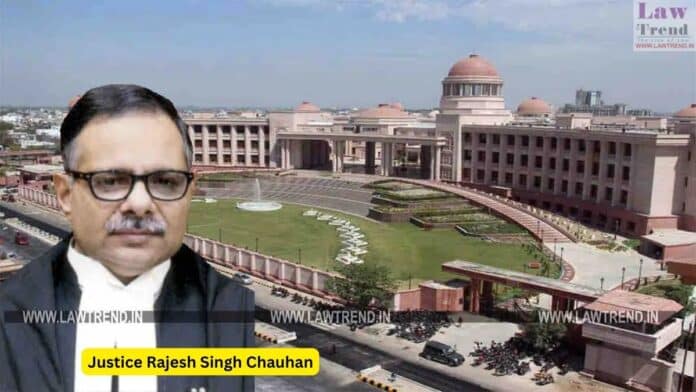The Allahabad High Court, in a notable judgment delivered by Justice Rajesh Singh Chauhan, elaborated on the principles of territorial jurisdiction in criminal conspiracy cases. The ruling, which came in the context of an application seeking to quash criminal proceedings against former Member of Parliament Atul Kumar Singh alias Atul Rai, has clarified the interpretation
To Read More Please Subscribe to VIP Membership for Unlimited Access to All the Articles, Download Available Copies of Judgments/Order, Acess to Central/State Bare Acts, Advertisement Free Content, Access to More than 4000 Legal Drafts( Readymade Editable Formats of Suits, Petitions, Writs, Legal Notices, Divorce Petitions, 138 Notices, Bail Applications etc.) in Hindi and English.




